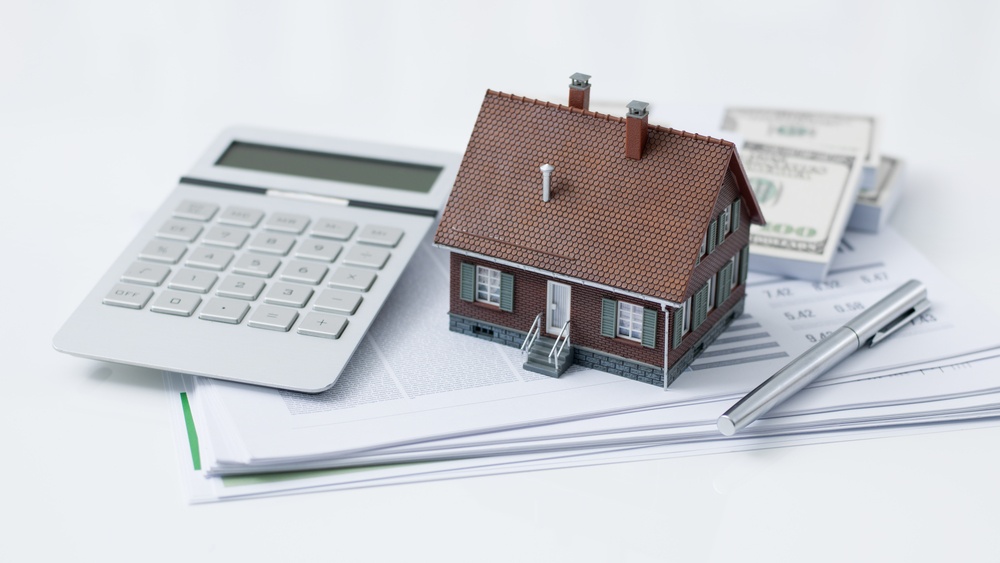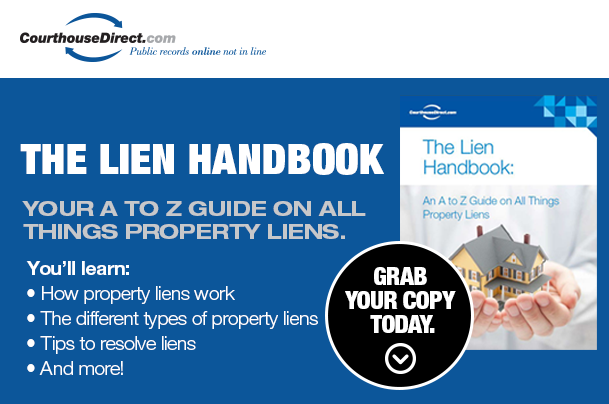 Every day, banks around the nation foreclose on hundreds of homes. Foreclosure means the bank takes possession of a property after the mortgager fails to make payments – including payments on homeowner taxes. The government (state or federal) can choose to place tax liens against a property before foreclosing on the home. Sometimes, homes with tax liens go up for sale at auction, with the highest bidder collecting the lien (plus interest) from the homeowner. If you’re considering purchasing a tax lien property, here’s how the process works.
Every day, banks around the nation foreclose on hundreds of homes. Foreclosure means the bank takes possession of a property after the mortgager fails to make payments – including payments on homeowner taxes. The government (state or federal) can choose to place tax liens against a property before foreclosing on the home. Sometimes, homes with tax liens go up for sale at auction, with the highest bidder collecting the lien (plus interest) from the homeowner. If you’re considering purchasing a tax lien property, here’s how the process works.
Sign up for CourthouseDirect.com today to access thousands of real property records! »
The Steps Involved in a Tax Lien Sale
When a tax lien home goes up for sale, the highest bidder can purchase the liens from the current lien owner. It is then up to the homeowner to pay the bidder for what he or she owes in taxes. In other words, the bidder becomes the lien owner. If the homeowner fails to pay off the tax liens, the new lien owner has the power to foreclose on the home. Note that a tax deed sale differs from a tax lien sale. A tax deed sale involves a property sold in its entirety – liens and all – at auction. The basic steps involved in a tax lien property sale are as follows:
- A homeowner receives a tax lien. A tax lien lets the government force a homeowner into paying tax debt. Tax liens restrict the homeowner’s ability to own a business and obtain credit. Tax liens can follow a person even after declaring bankruptcy. A waiting period will commence. Most states have rules requiring a waiting time before tax collectors can auction off the liens. The amount of time depends on the state.
- The state will put the tax lien property for sale at auction. In Texas, collectors hold “tax foreclosure sales” rather than tax lien sales. The state holds these sales the first Tuesday of every month, in the county where the house resides. Contact your County Clerk’s office for more specific information about an auction near you.
- Prospective lien buyers bid on the lien. Come to the auction prepared with your payment for the lien in the event that you’re the highest bidder. Cash and cashier’s checks are often accepted forms of payment. You will pay the county if you’re the highest bidder, and then receive a Sheriff's Deed to the property. The tax collector uses the purchase price to pay off the unpaid tax debt.
- The owner may buy back the property. In Texas, homeowners have two years in which they retain the right to redeem their properties. The highest bidder will not be able to obtain a clear home title for at least six months after the auction. If the original homeowner pays off the tax lien (plus interest) before the deadline, he or she reclaims ownership of the property.
- The new lien gets paid. If the homeowner can pay off his or her tax debts, the new lien holder will receive all of his/her investment back, plus an extra 25 percent. Otherwise, the investor will get to keep the property. At this point, the investor can foreclose on the property, sell it to a new owner, or keep it.
These are the basic steps involved in a Texas tax lien property sale. Specific rules, dates, and times, will change county by county. Get in touch with your County Clerk for more information about an upcoming tax lien sale near you. The more you know about the bidding process beforehand, the more prepared you’ll be.
Risks and Benefits of Investing in Tax Lien Properties
Purchasing a tax lien property is an attractive investment because the bidder will buy the property for less than its market value. This can make the property a more profitable investment than one without tax liens. There are also less costs involved in the transaction. The minimum bid requirement already includes the cost of purchasing the property – including advertising and court costs. In a successful tax lien property transaction, the highest bidder can walk away with a profit, whether the original homeowner pays off his/her taxes or not.
Keep in mind, however, that purchasing a tax lien property involves a few risks. Because the sale happens at auction, the property will not come with any title or bankruptcy searches safeguarding the purchase. Also, bidders may have to bid on the property “site unseen.” This means the home could be in a serious state of disrepair without the bidder knowing. The bidders will only have the description available before the auction on which to base their purchasing decisions.
If you’re on board for the potential risks of purchasing a tax lien property at auction in Texas, you might have stumbled into a lucrative strategy for buying and selling real estate for a profit. Tax lien homes can sell at auctions for significant discounts compared to their market values. The redemption period reimbursement rate of an extra 25% is also an attractive benefit, as this means the bidder can still make a profit even if the owner gets the money together to buy the property back.
Tips for Purchasing Tax Lien Properties
Like all investments, the success of the enterprise can depend upon the investor’s understanding of the process. Tax lien property investing can seem like a quick way to turn a profit, but it can be a money pit if you don’t know what you’re doing. First, know that the tax lien sales process varies from state to state. Only 29 states permit tax lien sales. The rate of interest you may accrue on the back taxes from the original owner will vary according to state laws and the auction itself. Use the following tips to save big on your tax lien property investment:
- Do your research. Before attending the auction, learn as much as you can about the property for sale. Use an online court records database to quickly access documents about the tax lien property, such as plat maps, legal descriptions, liens, easements, and other important information. A records search might also come up with photos of the property, which can be useful if the auction is for a “site unseen” property.
- Know how to win the bid. Bidding on a property at an auction can be daunting for first-timers. The home will go to the investor who is willing to either pay the highest premium or accept the lowest rate of interest. You might end up in a bidding war with other hungry investors. Be aware that this will drive down your rate of return. Show up to the bid with a firm limit in mind of what you are willing to spend. Don’t deviate from this limit.
- Prepare to spend money. You will likely have to spend some money on your newly-acquired property. Do not ignore the potential costs of repairs and improvements, as well as legal fees if you need to evict tenants or file a lawsuit to foreclose on the home. When dealing with tax lien properties, investors often have to spend money to make money. Make sure to have this capital available.
Tax lien properties in Texas can be an excellent niche for real estate investors who want to get residential or commercial properties at discounted prices. Just make sure you understand the process in your county and are prepared for all possible outcomes. Contact your county treasurer for a list of upcoming tax lien property sales to get started.






















